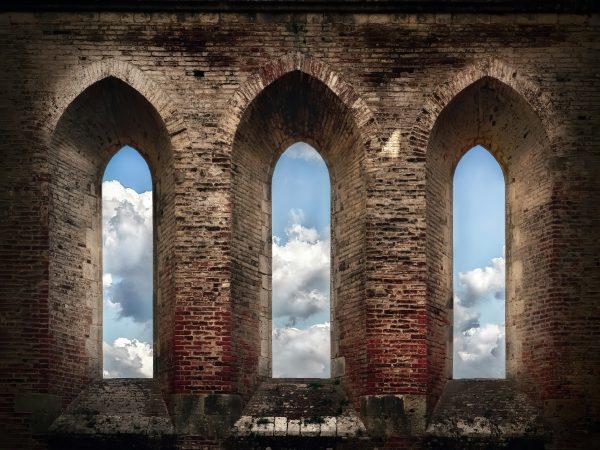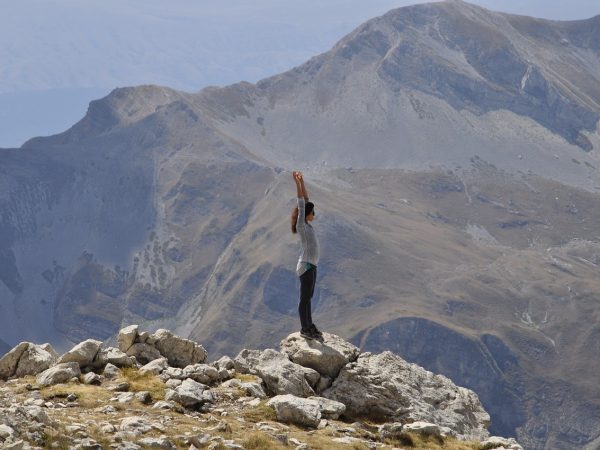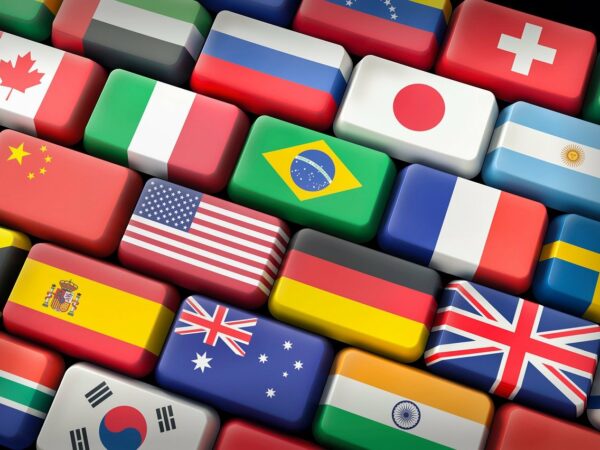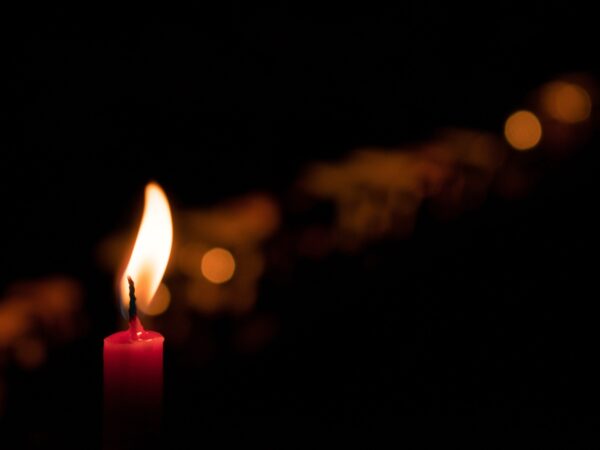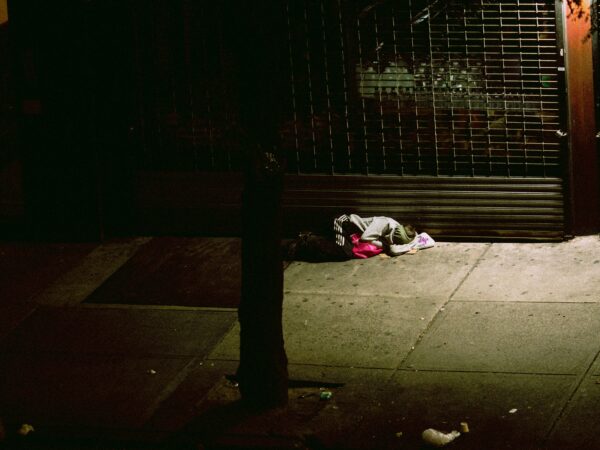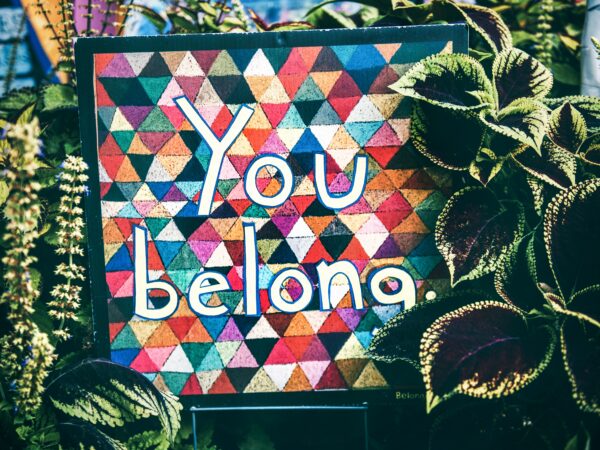SimonMary Aihiokhai
Dr. SimonMary Asese Aihiokhai was born in Nigeria. He received his undergraduate education in philosophy at the Spiritan School of Philosophy, Nigeria (1997). He began his initial studies in theology at the Spiritan International School of Theology before migrating to the United States to continue it at Saint John Seminary, Camarillo, California, where he earned a graduate degree in theology with a focus in medical ethics (2007). He obtained his Ph.D. in systematic theology from Duquesne University (2013). Dr. Aihiokhai is currently an associate professor of systematic theology at the University of Portland.
